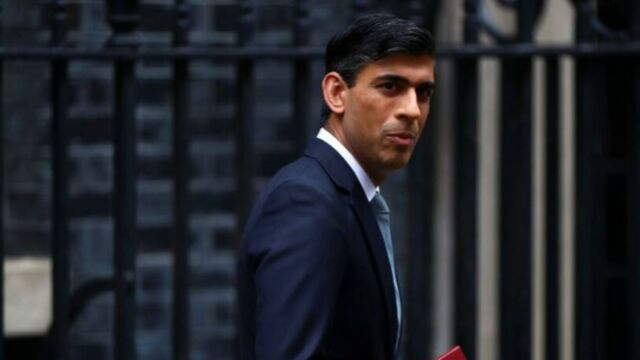UK government officials are considering launching a new state-backed cryptocurrency dubbed 'Britcoin' by finance minister Rishi Sunak. The move comes after a hectic few weeks in the sector, during which crypto-currency platform Coinbase made its stock market debut, reaching a capitalisation of £71.6 billion, while digital currencies such as bitcoin and its counterpart dogecoin, reached record levels.
Discover our latest podcast
An allegedly stabilising enterprise
Speaking ahead of the UK Fintech Week conference, Richi Sunak said:
We are launching a new taskforce between the Treasury and the Bank of England to coordinate exploratory work on a potential central bank digital currency.
The consultation process aims to deliver regulation that is fair, outcome-based and supports competitiveness, while ensuring the UK maintains the highest regulatory standards.
After hearing about the new taskforce, a collaboration between the Treasury and the Bank of England, Richi Sunak tweeted a note in response, 'Britcoin?'
Britcoin? #UKFW21https://t.co/Slk5lwUvrV
— Rishi Sunak (@RishiSunak) April 19, 2021
The future looks bleak
According to a recent study by the Bank for International Settlements, about 80% of central banks, including the Federal Reserve and the European Central Bank, are considering launching digital currencies.
Many have put CBDMs (or central bank digital currencies) on their agenda, and about 20% of the 66 central banks said they were likely to issue a digital currency in the next five to six years, according to the study.
A number of central banks pointed to the risk of losing control of the global payments system to cryptocurrencies, which are generally not controlled by any central body—or to private entities, such as Facebook's Diem, which is due to launch later this year.
The Bahamas became the first country to launch a general-purpose MNBC, known as the Sand Dollar, in October 2020. Meanwhile, the People's Bank of China expanded a digital yuan trial to its three largest urban areas, home to 400 million people, last August.















